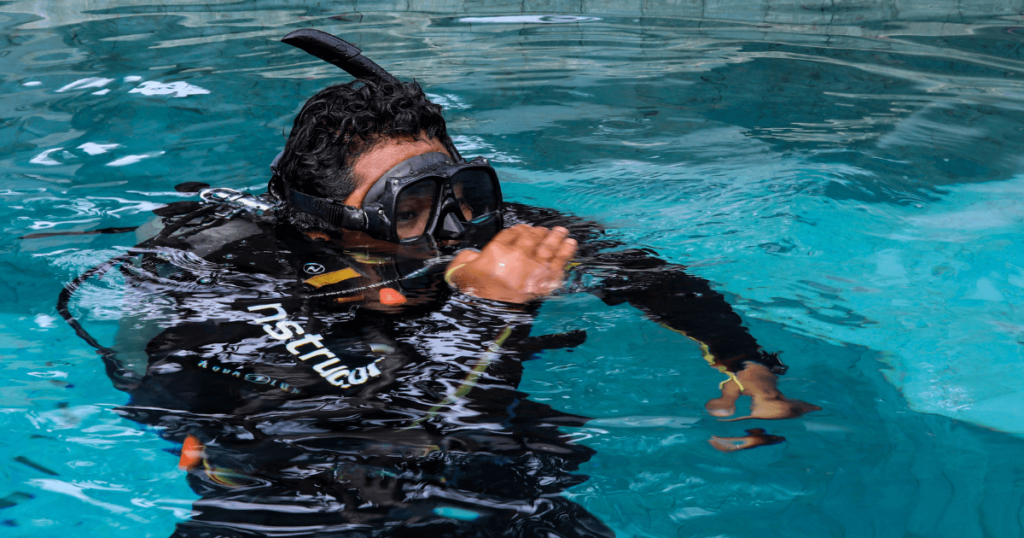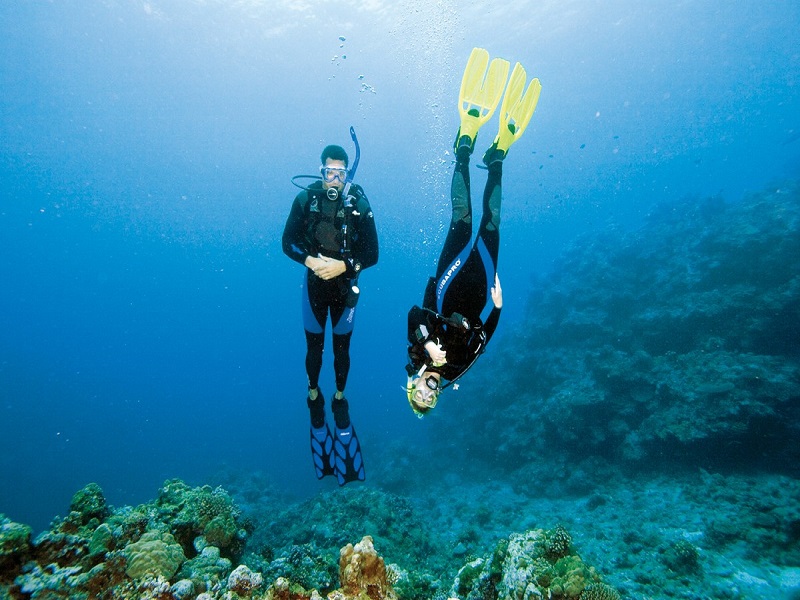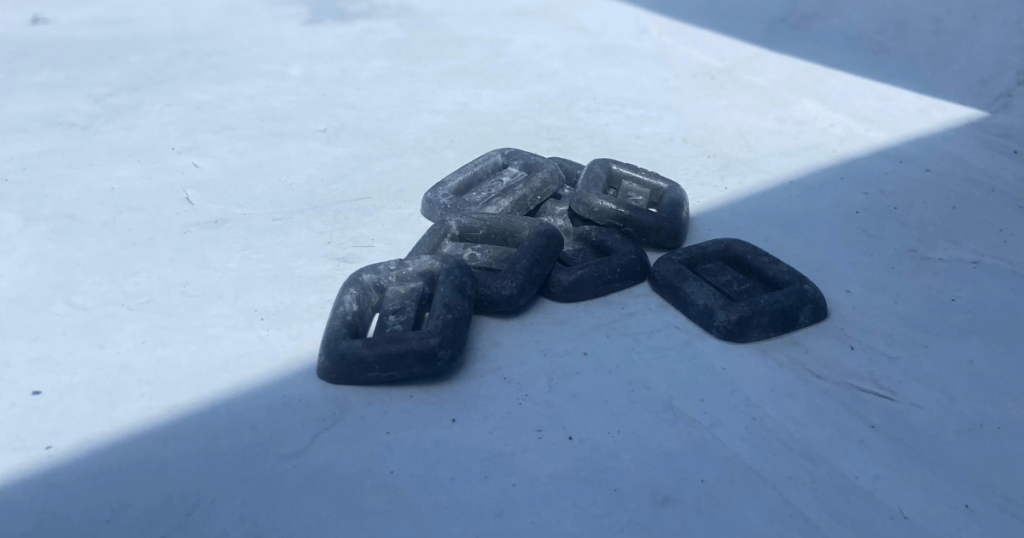Whether you have just completed your Open Water course or are gearing up for your PADI Divemaster course, mastering a proper weight check is an essential skill for every diver. When we dive, our goal is to be perfectly weighted, avoiding the pitfalls of carrying too much or too little weight. Determining how much weight you need for scuba diving involves considering several factors: the buoyancy of your gear, your body weight, your body composition (more muscle or fat), and whether you’re diving in saltwater or freshwater. Each factor impacts your buoyancy, and as every seasoned diver knows, perfect buoyancy means better air control and longer time underwater. Knowing how to determine how much weight you should be using while scuba diving and then conducting a proper weight check are your keys to success.
This process can be straightforward for a dive professional or someone who uses their gear consistently in the same locations. However, if you’re an avid traveler diving in new spots with a mix of your own and rental gear, knowing how to nail your weight check is critical.

Challenges of Being Underweighted:
- Difficulty descending.
- Constant need to maintain a head-down position and continuous kicking to stay submerged, increasing energy and air usage.
- As air is consumed, tanks become lighter, making it increasingly difficult to stay down.
- Potential for an uncontrollable ascent to the surface.
Complications of Being Overweighted:
- Risk of descending too quickly, which can lead to ear discomfort or injury.
- Necessity to add air to your BCD to achieve neutral buoyancy, which increases drag and energy expenditure underwater.
- At the surface, you might need to fully inflate your BCD to stay afloat, which can be cumbersome.
Now that you understand why proper buoyancy is crucial for a successful dive, let’s discuss how to conduct an effective weight check and how much weight you need in the first place!
How much weight do you need for scuba diving?
Where do you start? A good rule of thumb is to start by estimating about 5% of your body weight in a 3mm suit. From there you’ll need to adjust for your specific situation, like the type of water (saltwater or freshwater) and the actual gear you are using. Equipment, even your fins, can affect your buoyancy. Understanding your equipment is necessary for understanding your buoyancy. Your wetsuit’s thickness plays a critical role; for instance, a thicker wetsuit in colder water will increase your buoyancy, requiring more weight. Which is different from what you will experience here in Bali. These basic guidelines provide a baseline. The reality is each diver’s needs will vary based on body composition and equipment. Thus, this initial estimate serves as a starting point to be fine-tuned during your in-water weight check to achieve perfect buoyancy.
When is the Best Time to Conduct a Dive Weight Check?
The ideal time for a buoyancy check is with a tank pressure similar to what you would have at the end of a dive, around 50 Bar. Avoid performing this check with a full tank. You want to ensure you’re perfectly weighted for the end of your dive to safely and comfortably perform safety stops.

How to Perform a Scuba Diving Weight Check:
- Start with approximately half the weight you normally carry.
- With the regulator in place, take a normal breath, hold it, then completely deflate your BCD.
- You should sink to where the water level is around your mask or the top of your head.
- Exhale fully to see if you descend slowly.
- If you don’t start descending, add 1 kg and repeat the check.
- If you descend too rapidly, remove some weight and try again.
- The goal is to descend slowly without needing to hold your breath out for too long, indicating you’re perfectly weighted.
Note: If you perform the weight check in freshwater, remember to add approximately 1 to 3 kilos when diving in the ocean.
Finding your perfect weight configuration requires practice and effort, but it pays off by enhancing your diving experience. This guide should help you understand the basic principles of how to determine how much weight you need for scuba diving. Which will allow you to dive perfectly weighted on every adventure. Happy diving!




